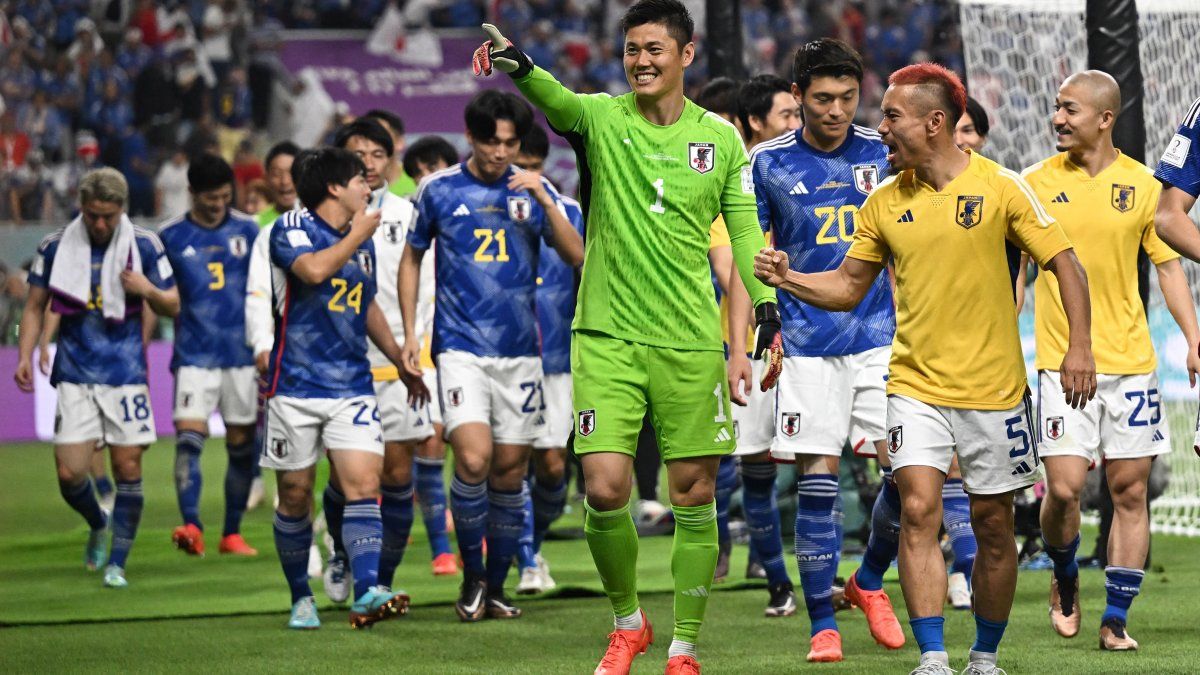It’s not just John F. Kennedy’s sentence “I am a Berliner” that is legendary. Other US presidents have also made an impression during their visits to the Federal Republic. But not all of them by far.
Since 1945, each of the 14 US presidents has come to Germany. Many visits were quickly forgotten, but some acquired historical significance.
Joe Biden says goodbye
Biden will take part in the G7 summit in Elmau Castle in June 2022 and emphasize the unity of the West against the Russian aggressor in Ukraine. At the end of his term in office, he is now coming to Berlin for his first bilateral meeting.
Donald Trump leaves Germany (almost) left behind
Trump did not pay a bilateral visit to the Federal Republic; there were too many conflicts between Germany and the USA at the time. He will only come to Hamburg for the G20 summit in July 2017. There he met Russian President Vladimir Putin for the first time.
Barack Obama is most often in Germany
During the election campaign summer of 2008, Senator Obama thrilled 200,000 people at the Berlin Victory Column. As president, he will be in Germany six times, more often than anyone else. His speech in June 2013 at the Brandenburg Gate was overshadowed by the NSA scandal.
George W. Bush is better with Merkel than with Schröder
Bush visited Germany five times despite the Iraq War rift with then-Chancellor Gerhard Schröder. Things work better with her successor Angela Merkel – for example when eating wild boar in the Western Pomeranian village of Trinwillershagen in July 2006.
Bill Clinton is sometimes celebrated like a pop star
In 1994, Clinton became the first US president to speak in eastern Berlin and said in German: “Nothing will stop us. Everything is possible. Berlin is free.” He came to Germany four more times, including to accept the Charlemagne Prize in Aachen in 2000.
George Bush only comes to western Germany
In November 1990, Bush senior became the first US president to come to reunified Germany. He is served a Palatinate snack in Chancellor Helmut Kohl’s house in Oggersheim. During his visit in May 1989, he went by boat on the Rhine.
Ronald Reagan makes famous demands on Gorbachev
Reagan visited the Federal Republic three times. Particularly remembered: his speech on the 750th anniversary of Berlin. In June 1987, he appealed to the Soviet leader on the west side of the Brandenburg Gate: “Mr. Gorbachev, tear down this wall.”
Jimmy Carter remembers the airlift
In July 1978, Carter was in Germany for a few days. In West Berlin, around 150,000 people cheer him on the Kurfürstendamm. At the airlift memorial he says in German: “Whatever happens, Berlin remains free!”. At Potsdamer Platz he looks at the Wall.
Gerald Ford’s visit remains pale
In July 1975, Ford came to Bonn for talks with Chancellor Helmut Schmidt and to visit troops near Giessen. The visit leaves no lasting impression. The festive highlight is a steamboat trip on the Rhine.
Richard Nixon deserves a special honor
In February 1969, Nixon became the first foreign head of state to take the lectern in the Bonn Bundestag and assured the Germans: “We belong together!” In West Berlin’s Charlottenburg Palace he says: “A wall can divide a city, but not a people.”
Lyndon B. Johnson says goodbye to the first chancellor
A few days after Konrad Adenauer’s death, Johnson came to Germany in April 1967 to take part in the state ceremony for the first Federal Chancellor in Cologne Cathedral.
John F. Kennedy coins his legendary phrase
Kennedy visits Cologne, Bonn, Frankfurt am Main and Berlin in 1963. He is the first US president to visit the divided city after the wall was built. With the speech he gave on June 26th in front of the Schöneberg town hall, he made history: “I am a Berliner.”
Dwight D. Eisenhower has his eyes on the Western Alliance
In August 1959, more than 100,000 people cheered Eisenhower, who 15 years earlier, as commander in chief, led the landing of Allied troops in Normandy in the fight against Nazi Germany. His visit to Adenauer in Bonn is intended to strengthen the partnership.
Harry S. Truman works on the post-war European order
A good two months after the end of the Second World War, in the summer of 1945, Truman negotiated the post-war European order at the Potsdam Conference with British Prime Ministers Clement Attlee and Winston Churchill as well as Soviet leader Josef Stalin.
House of History about the Potsdam Conference Kennedy speech at Schöneberg City Hall in Berlin Eisenhower speech upon arrival in Germany Clinton speech at the Brandenburg Gate Biography Eisenhower US Embassy about presidential visits to Germany Obama speech at the Brandenburg Gate Documentation of Carter’s visit to Germany Nixon -Speech in the Bundestag Bundestag about Nixon speech in Parliament Bush speech in the Bundestag
Source: Stern
I have been working in the news industry for over 6 years, first as a reporter and now as an editor. I have covered politics extensively, and my work has appeared in major newspapers and online news outlets around the world. In addition to my writing, I also contribute regularly to 24 Hours World.




